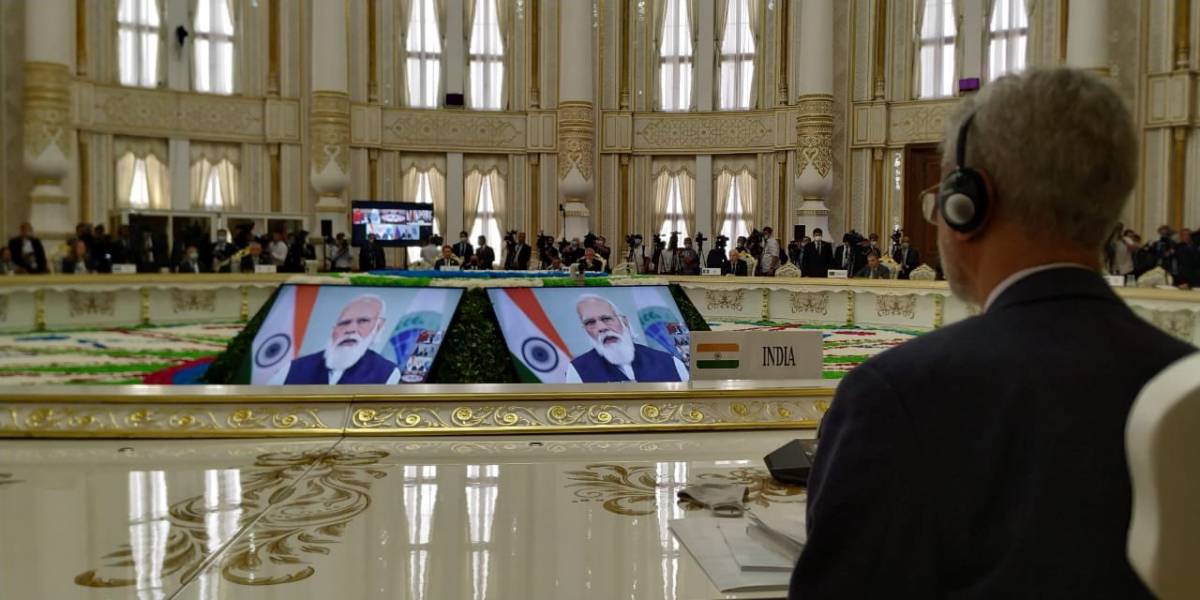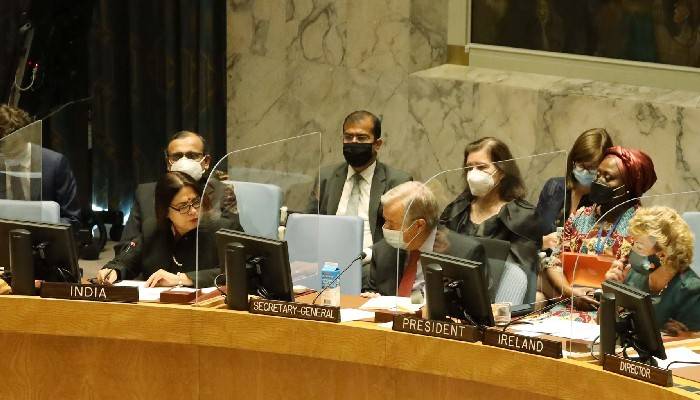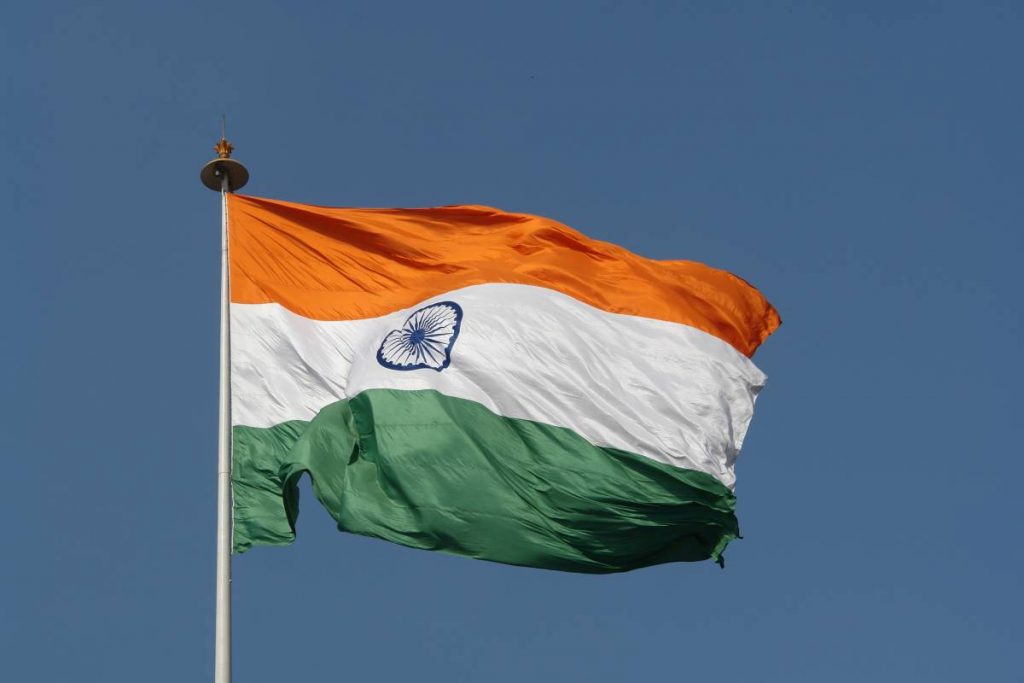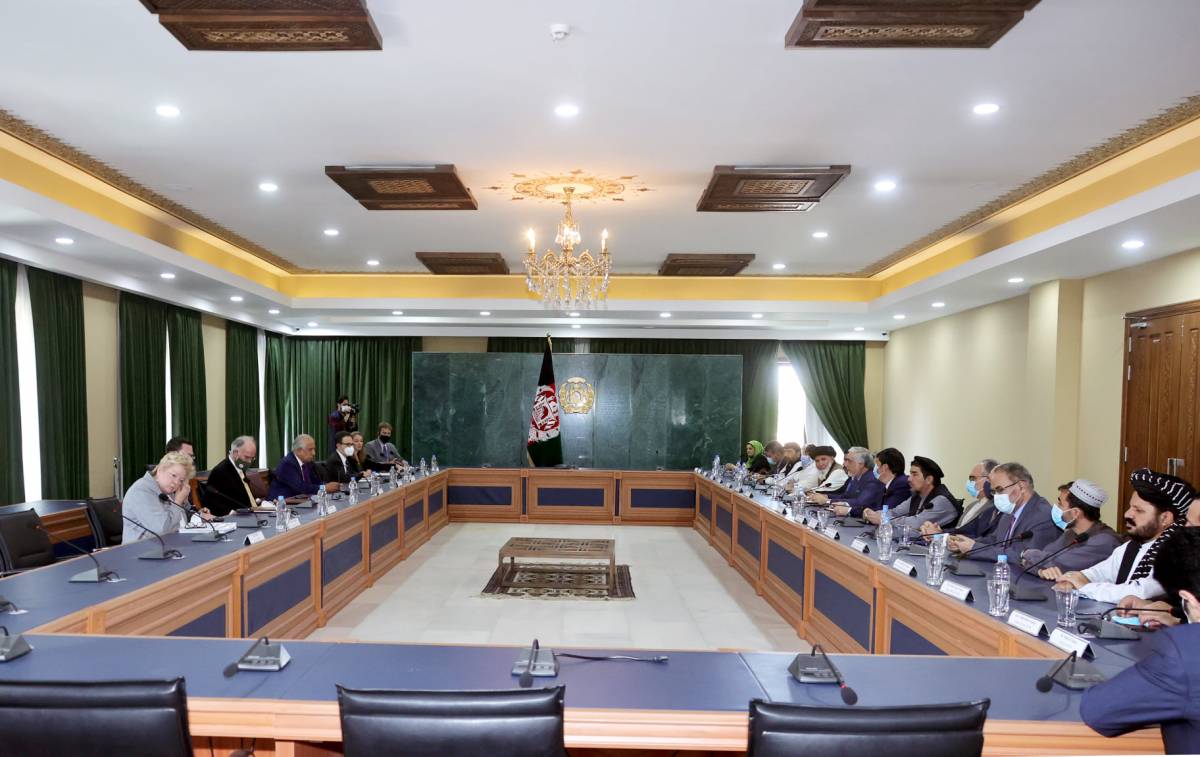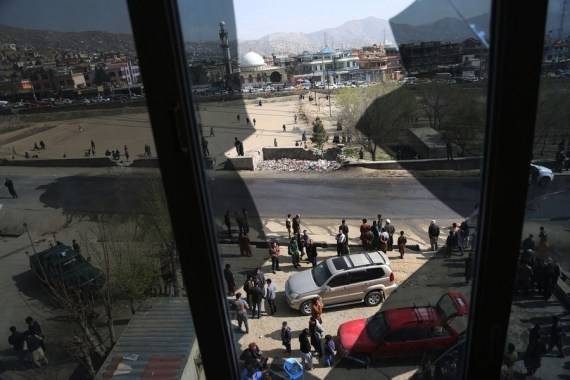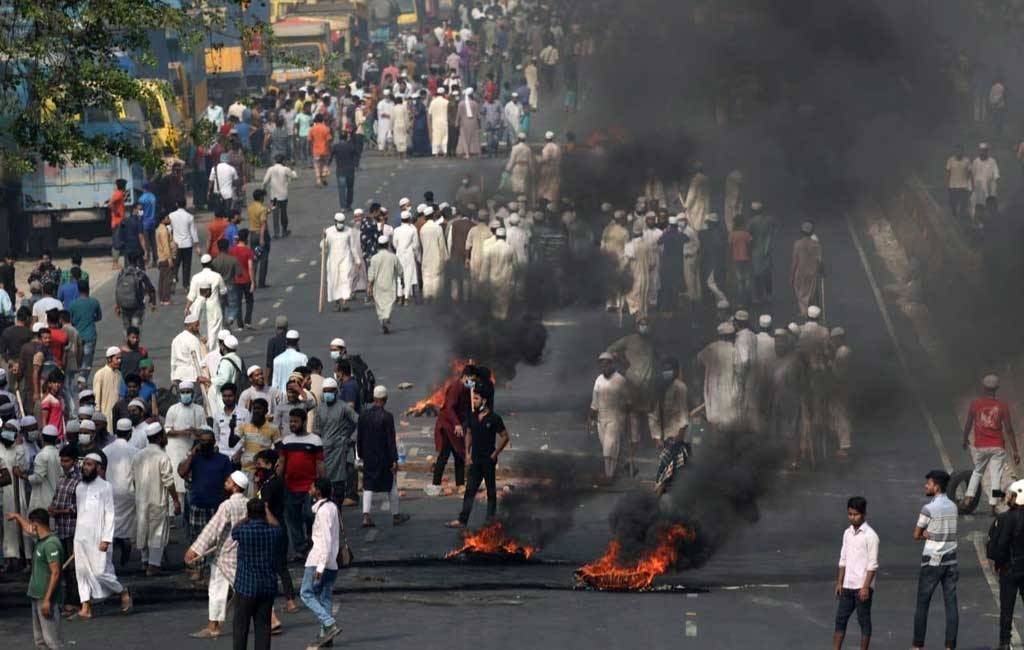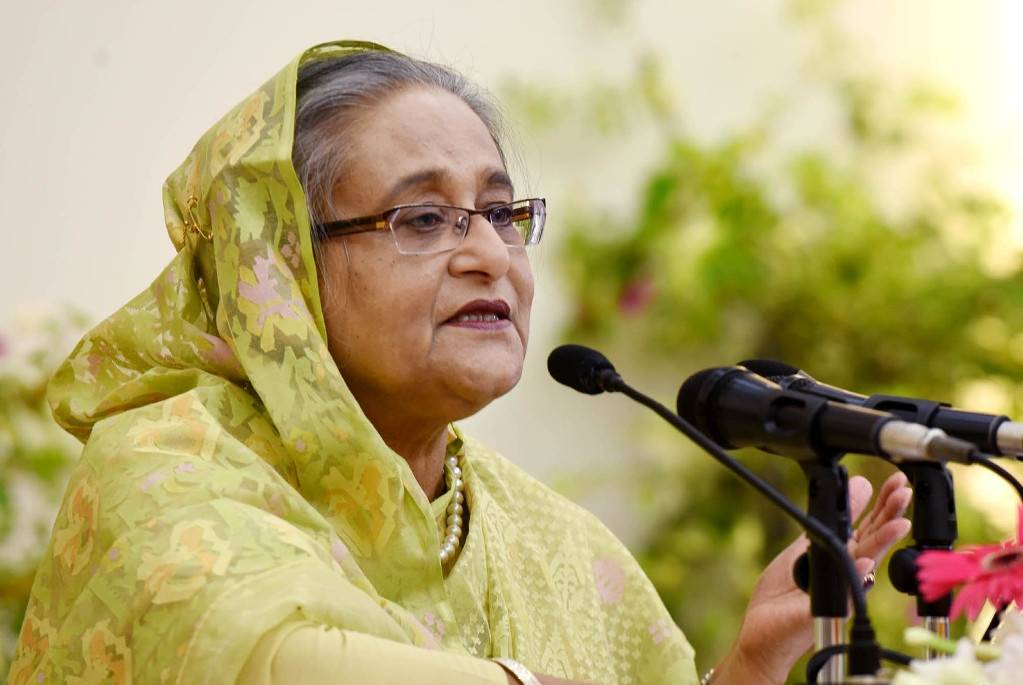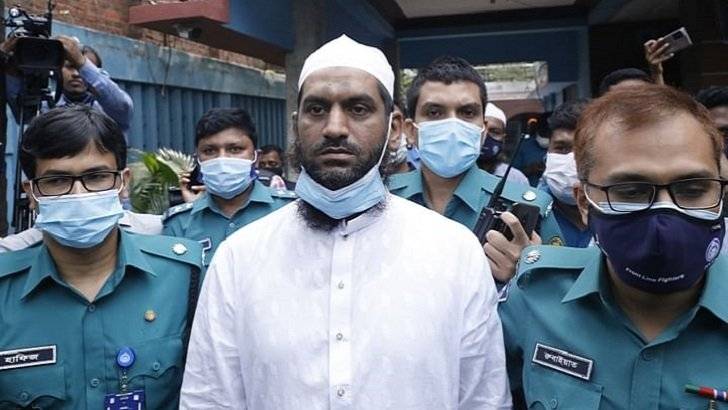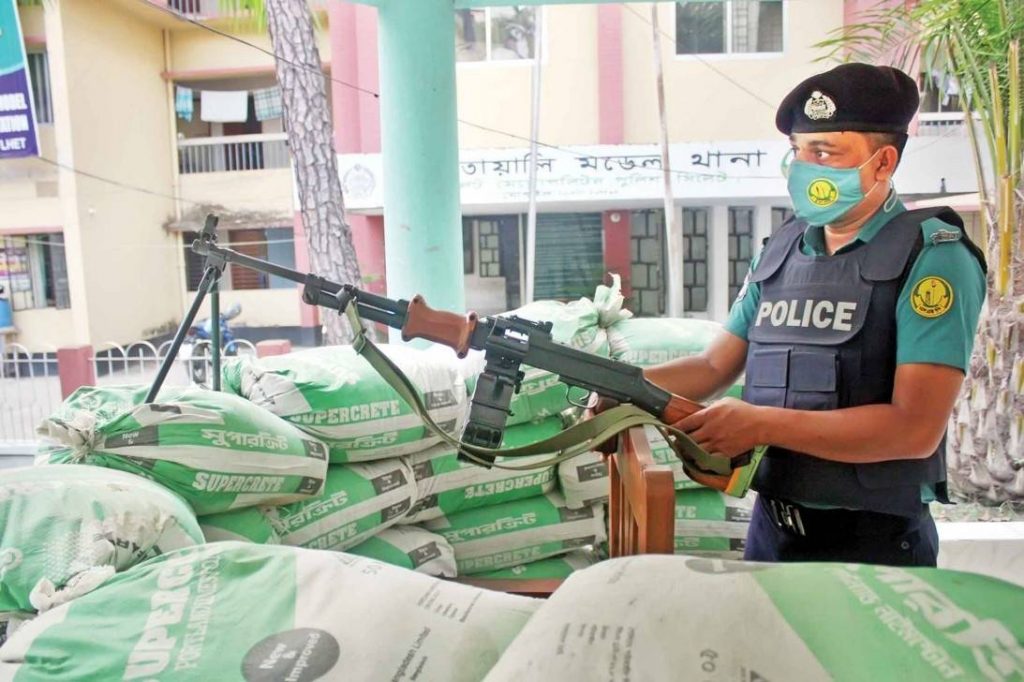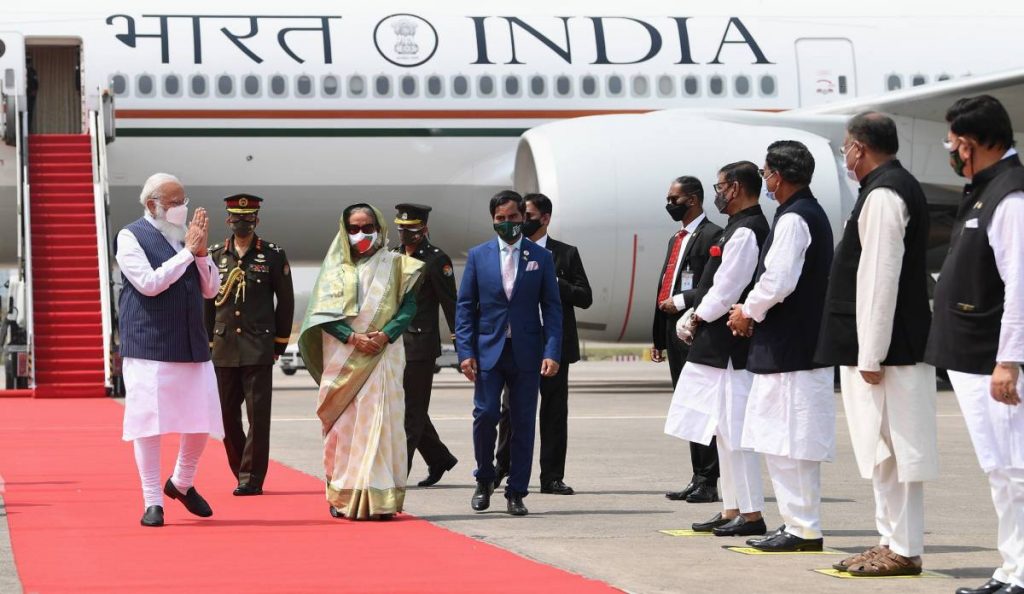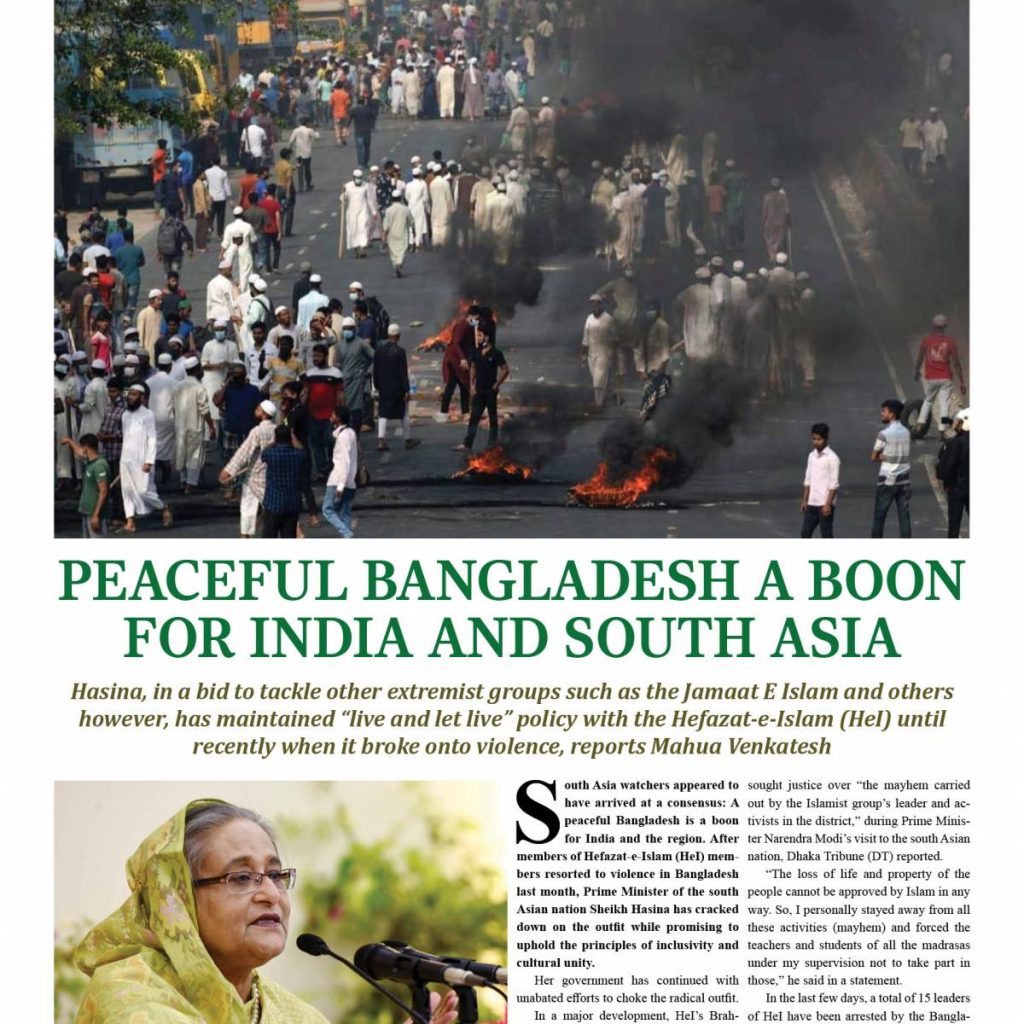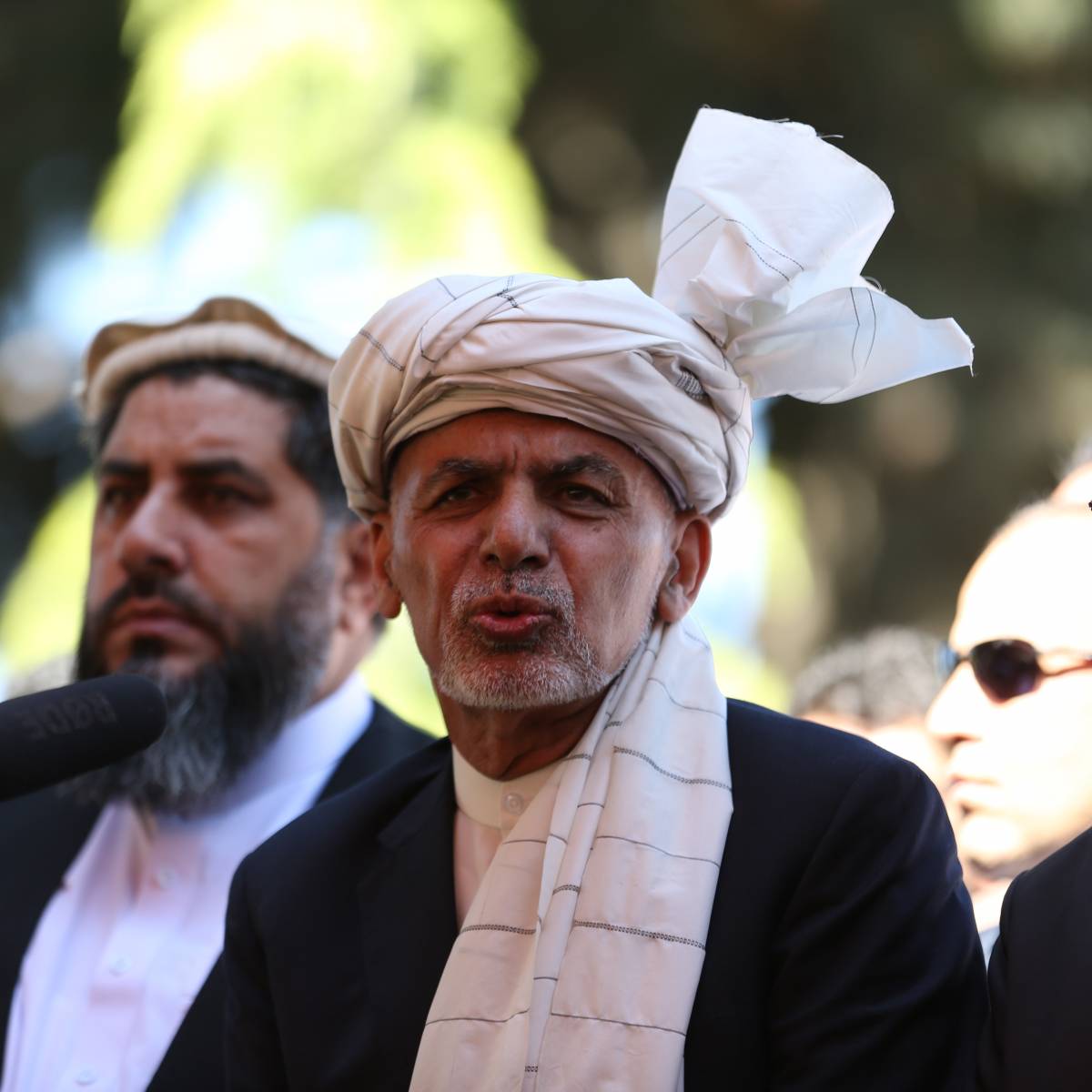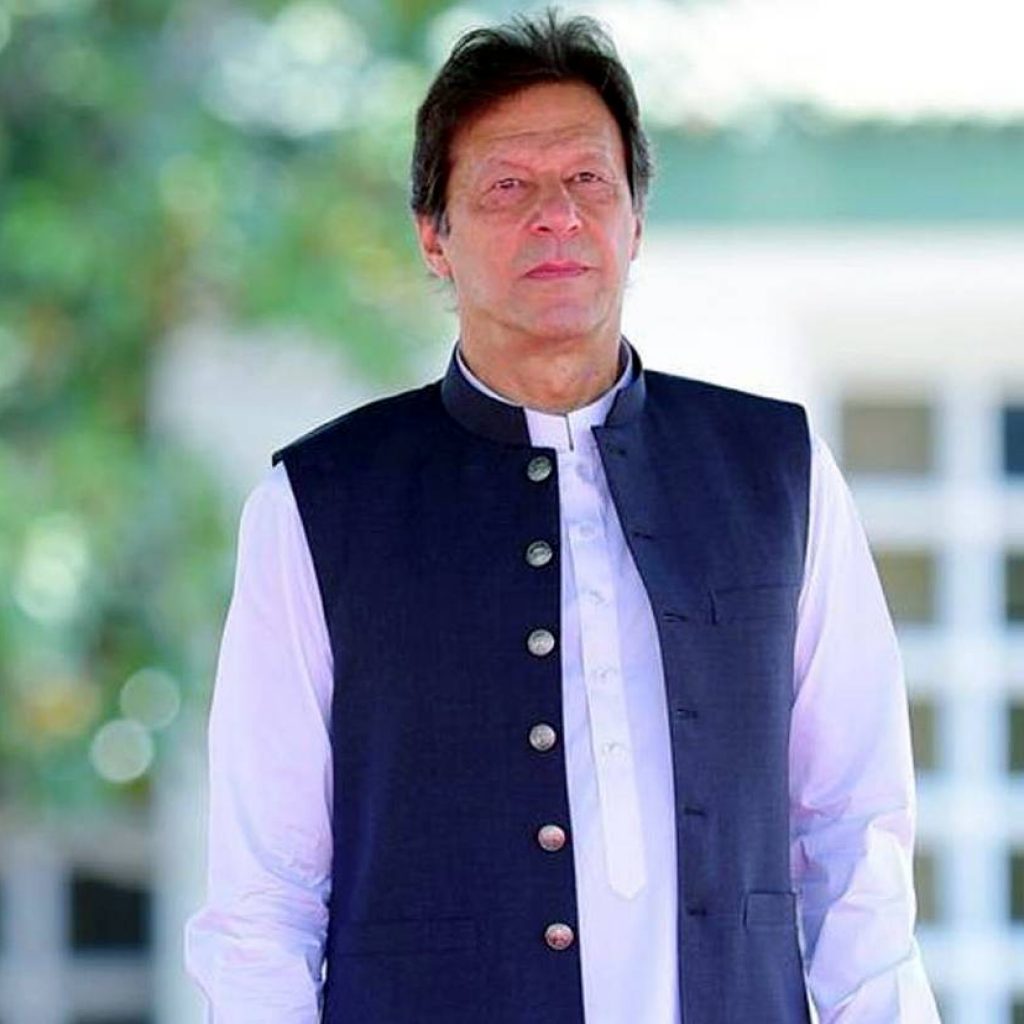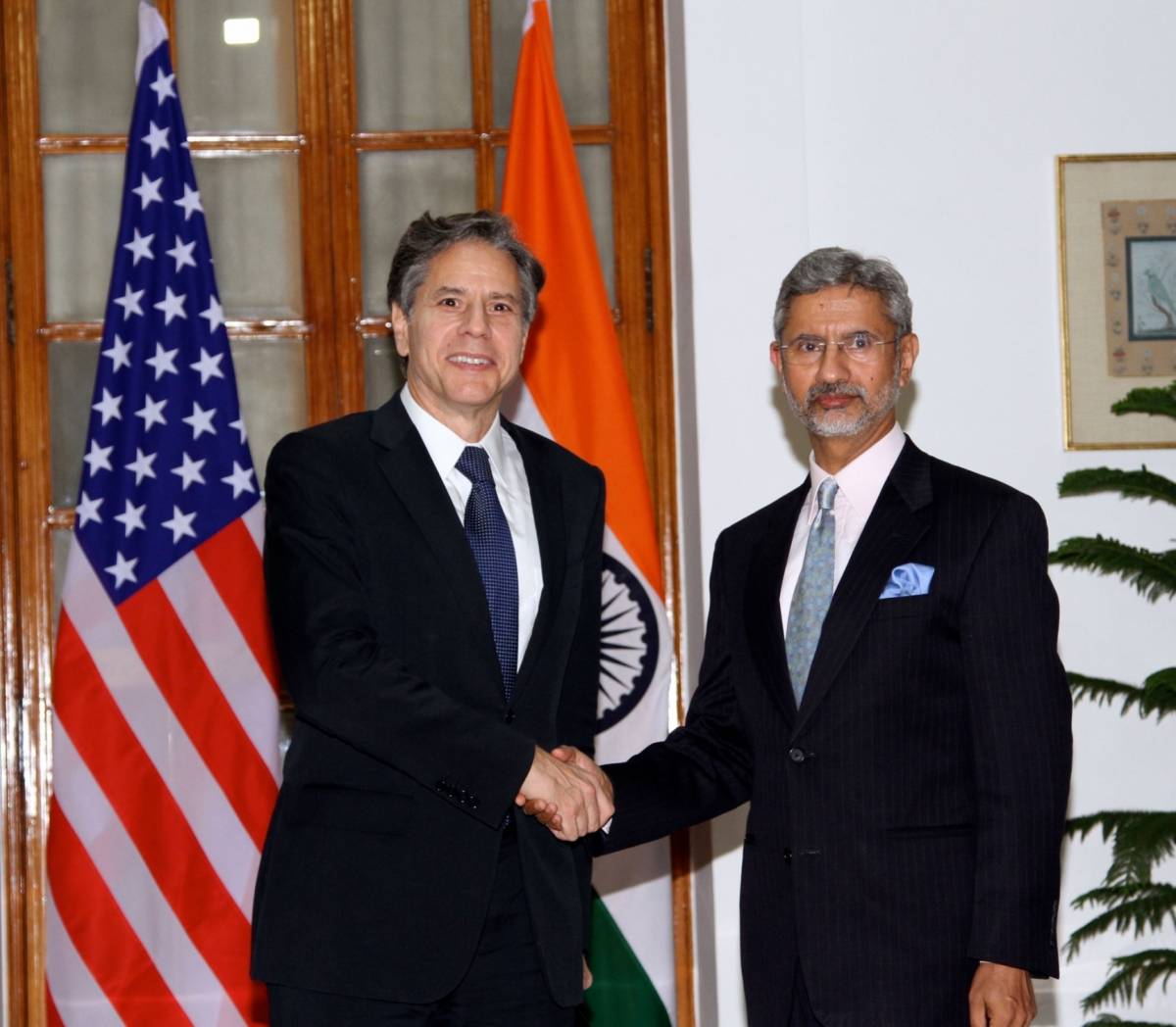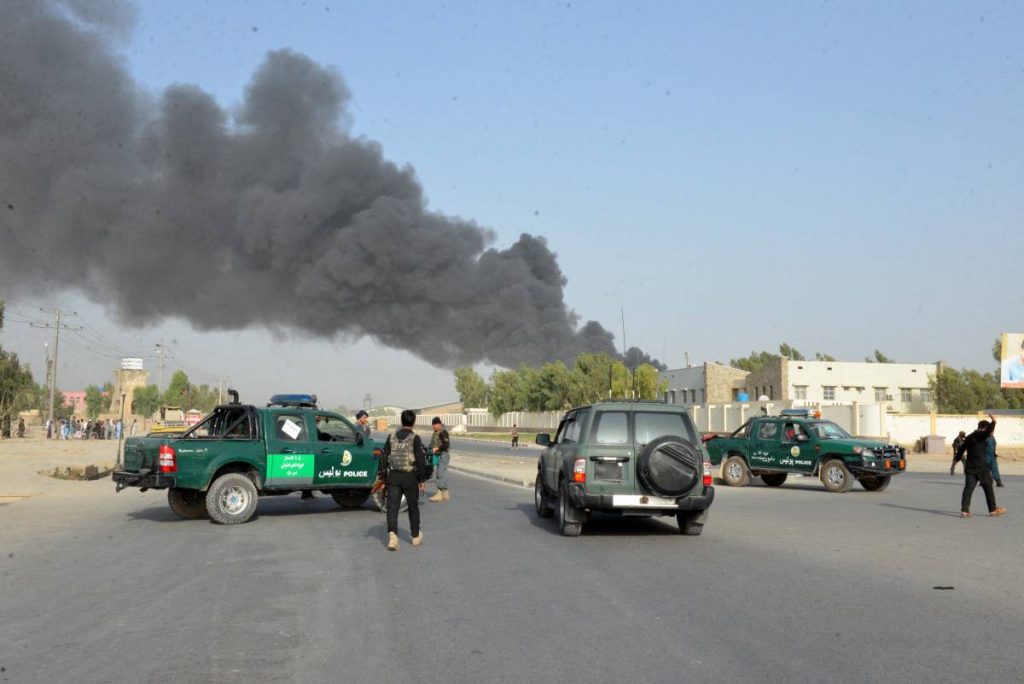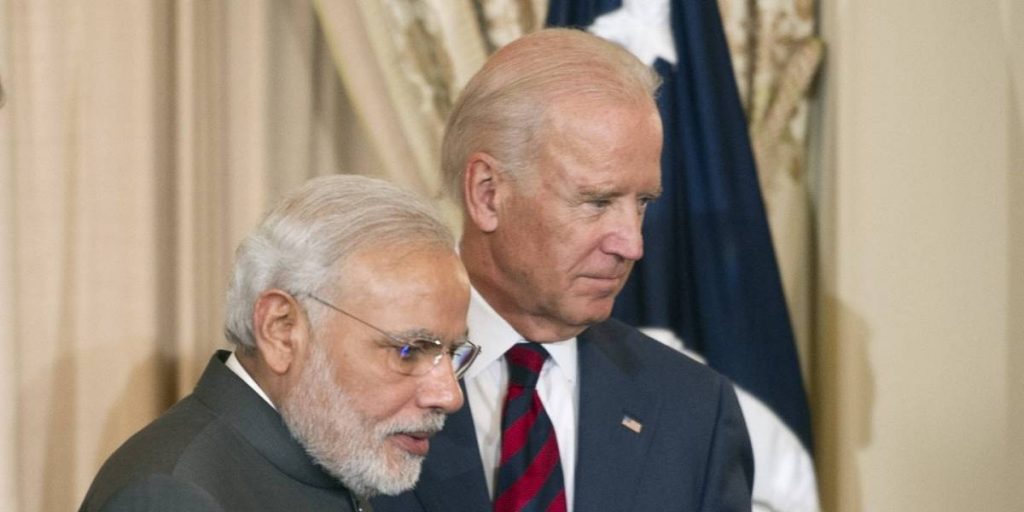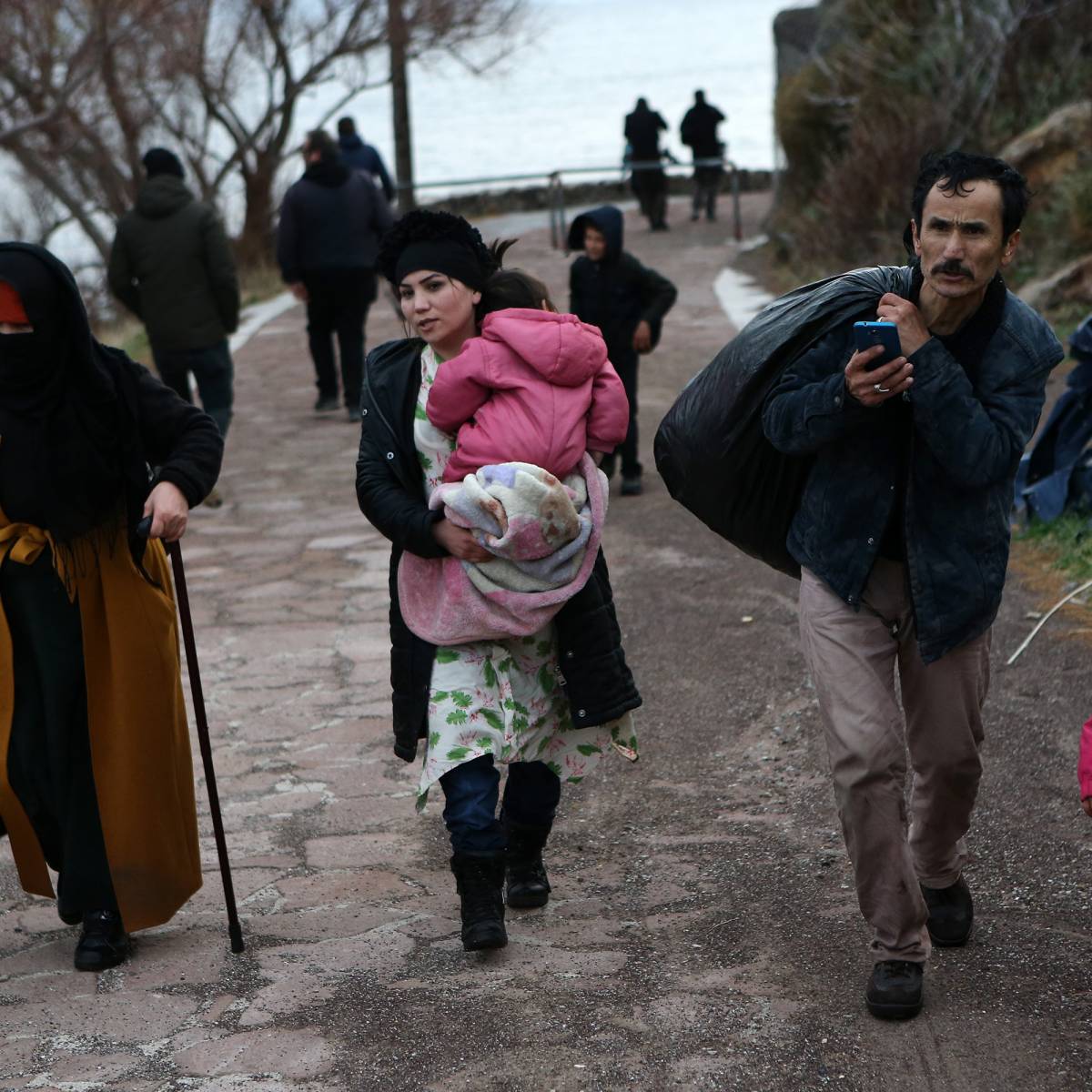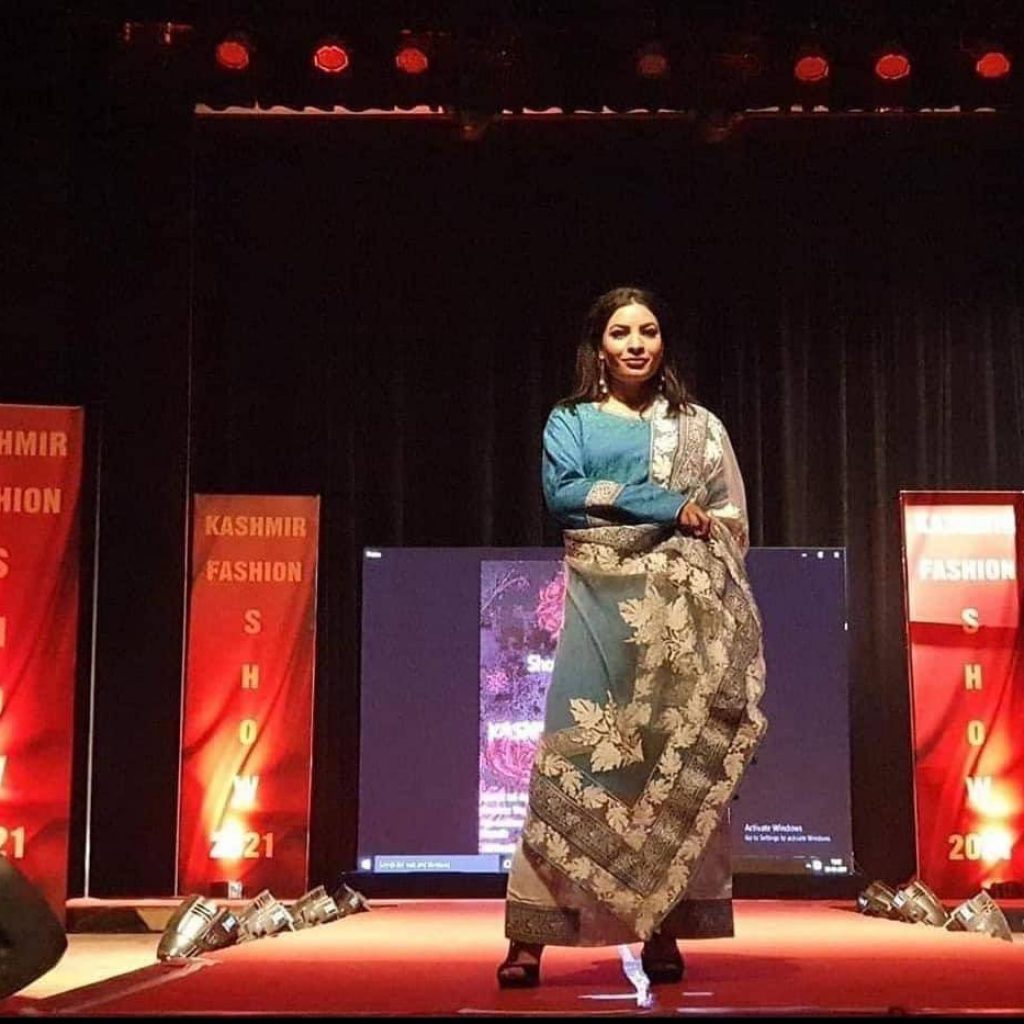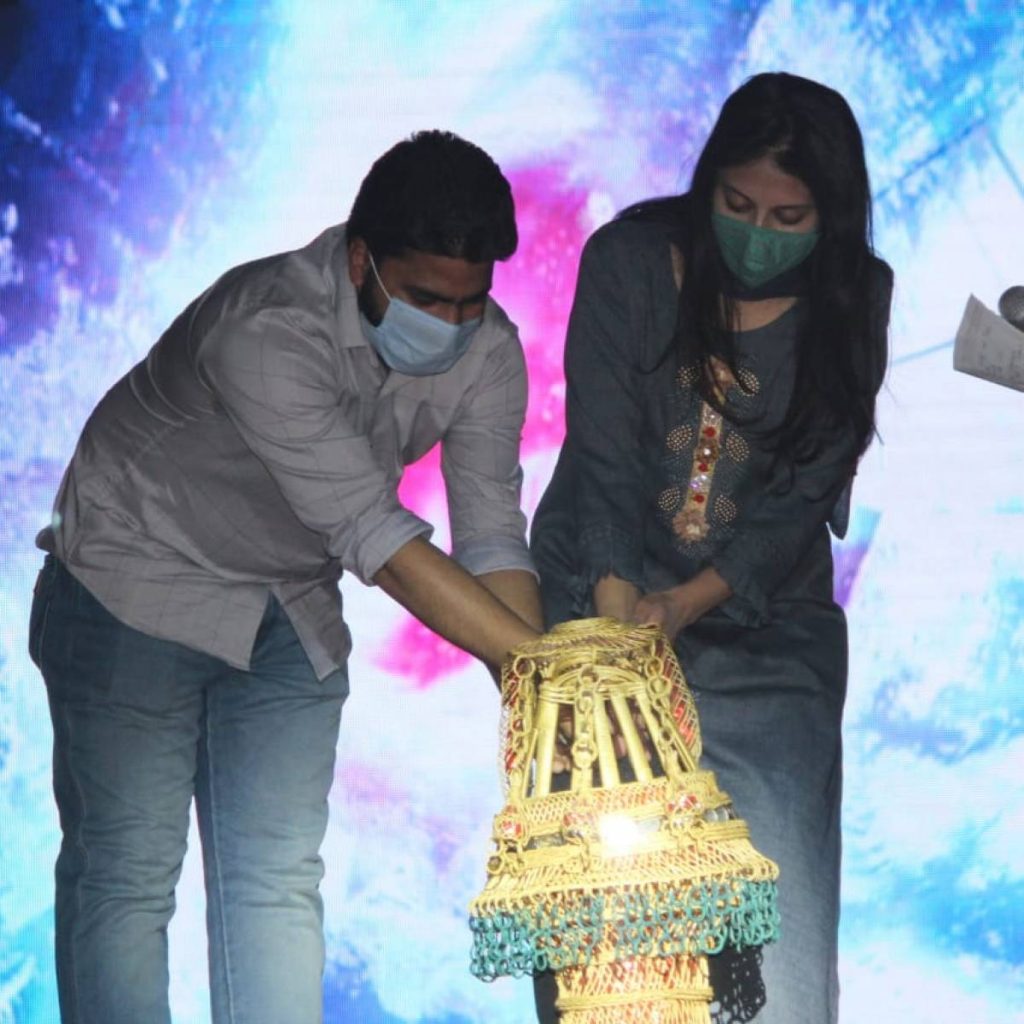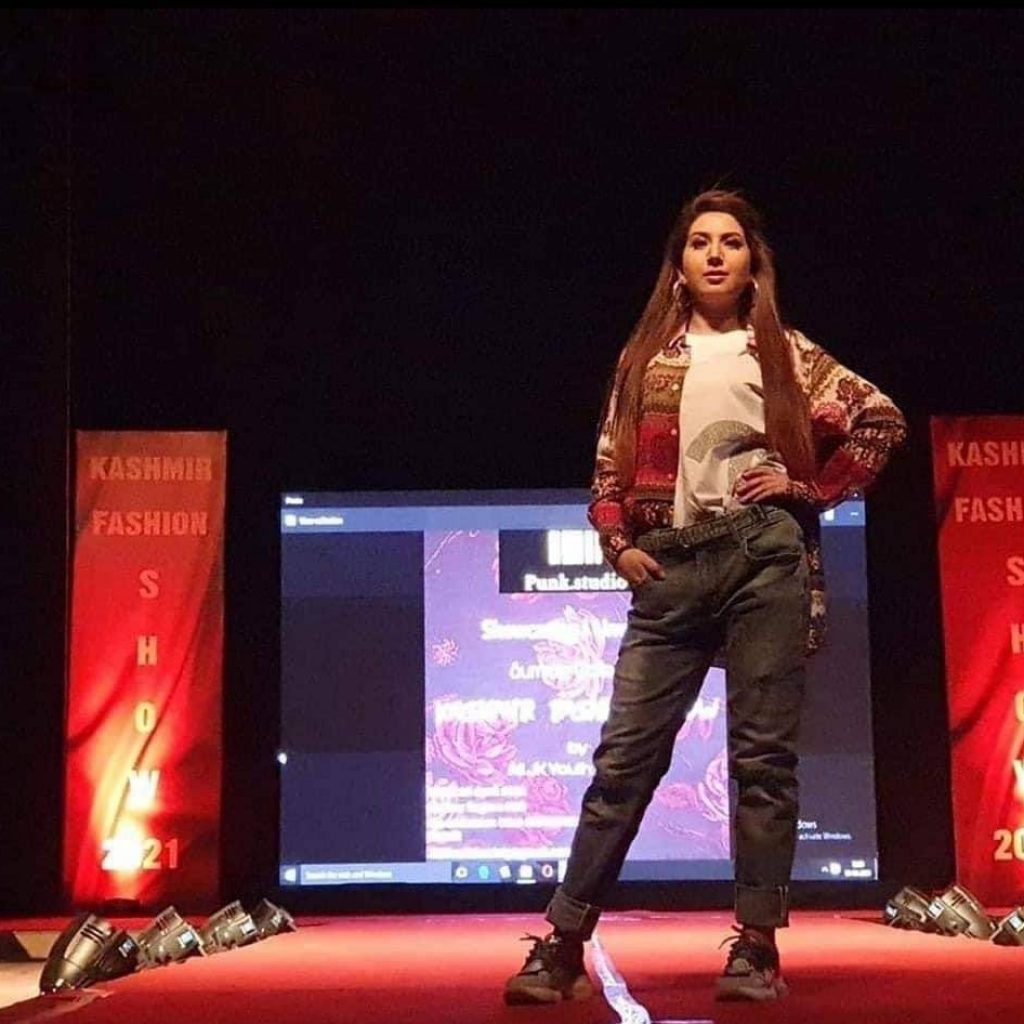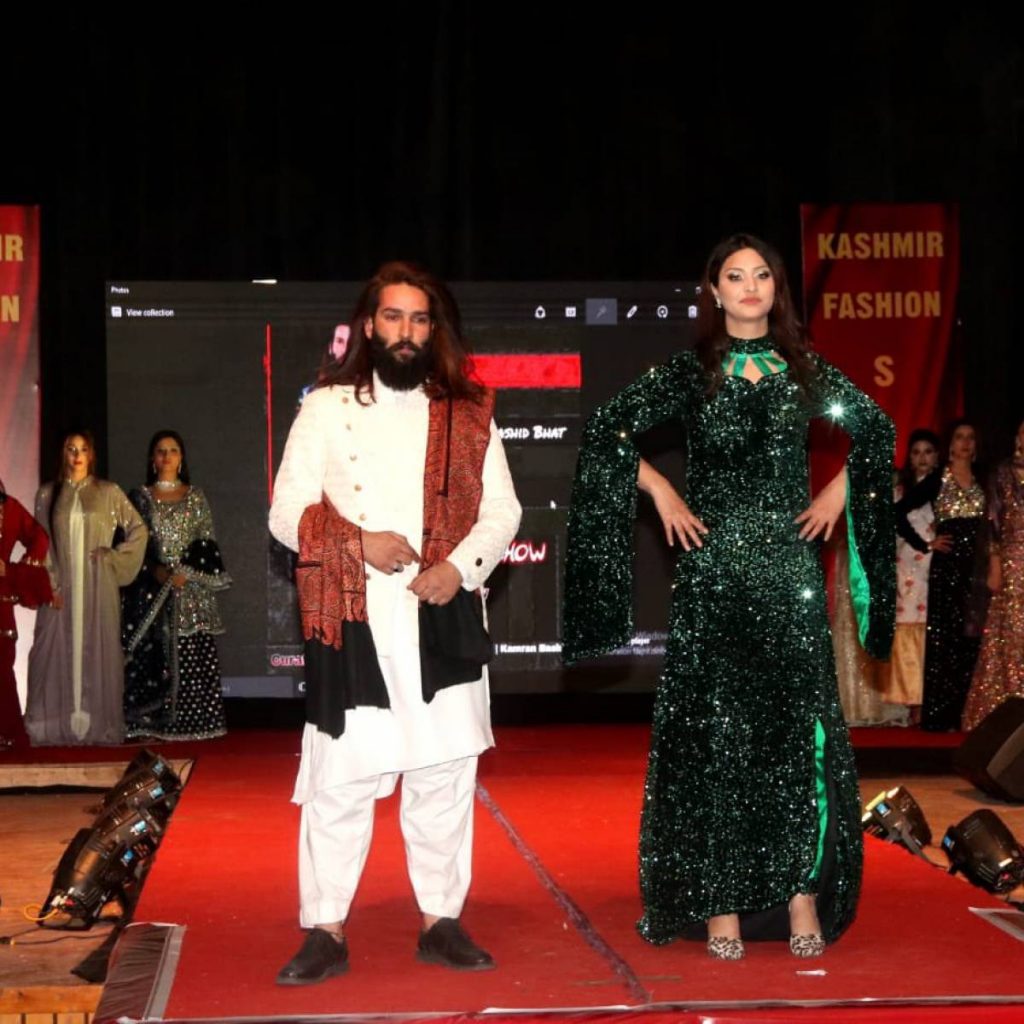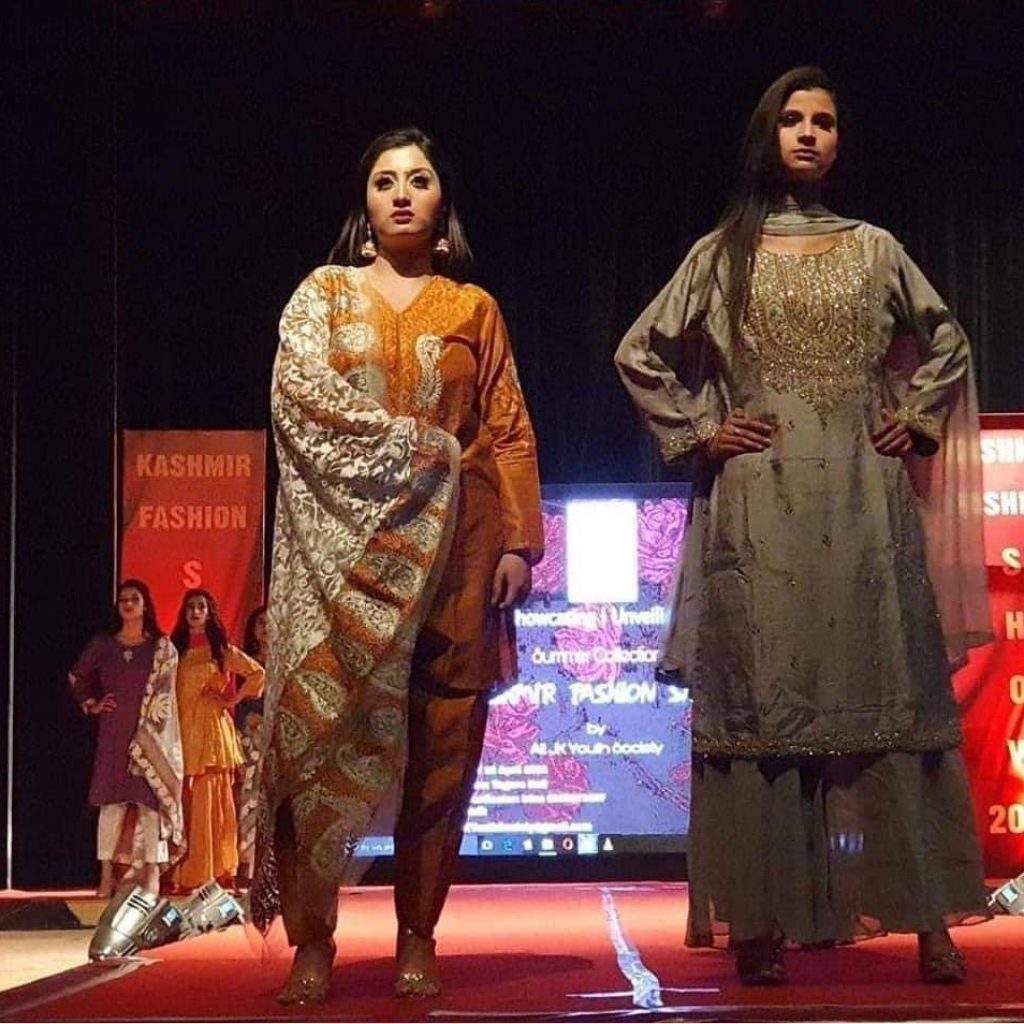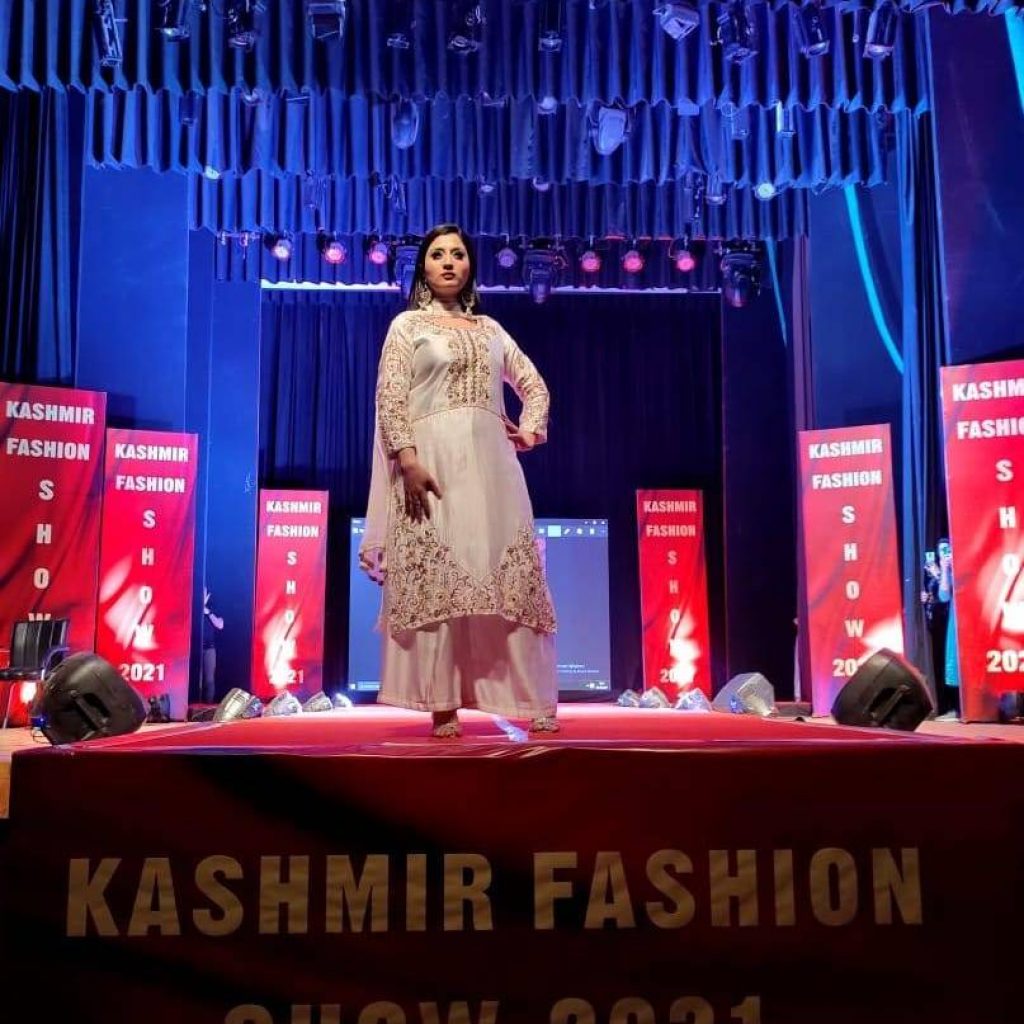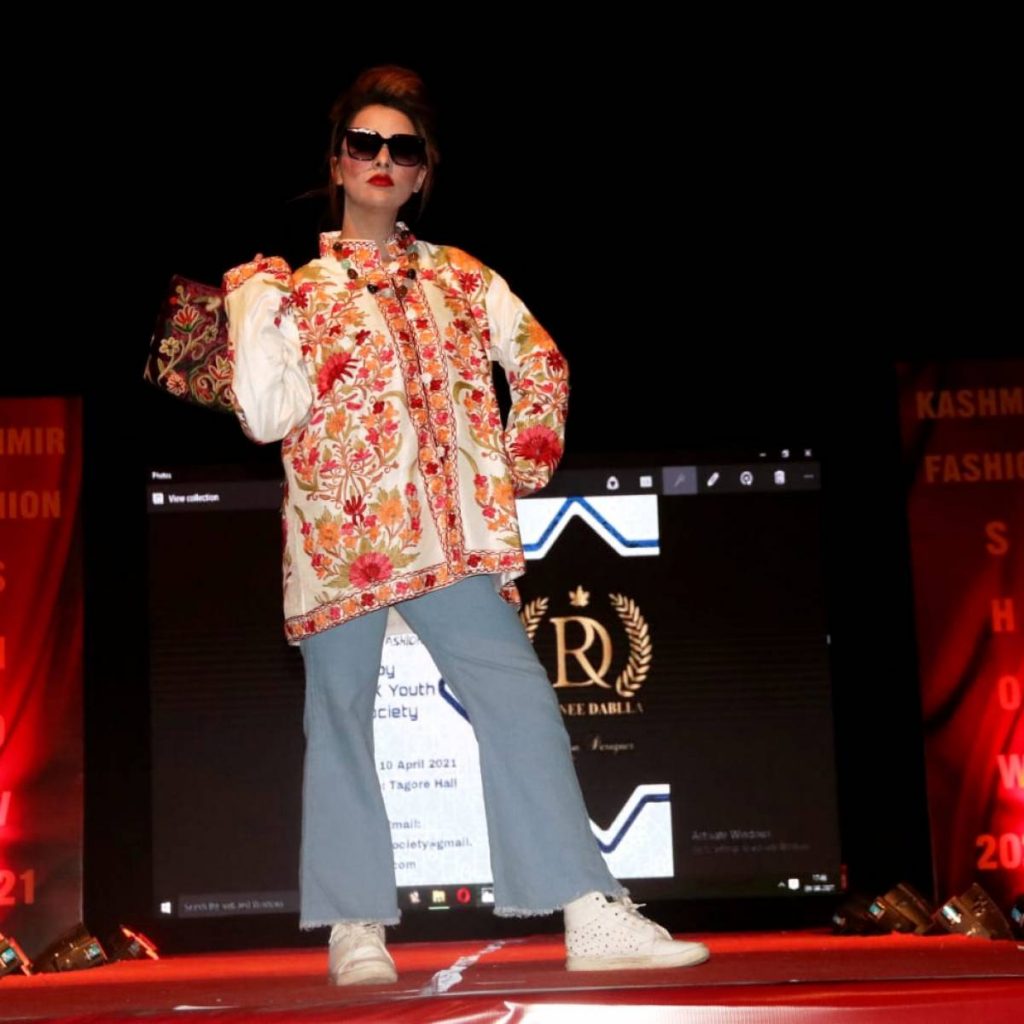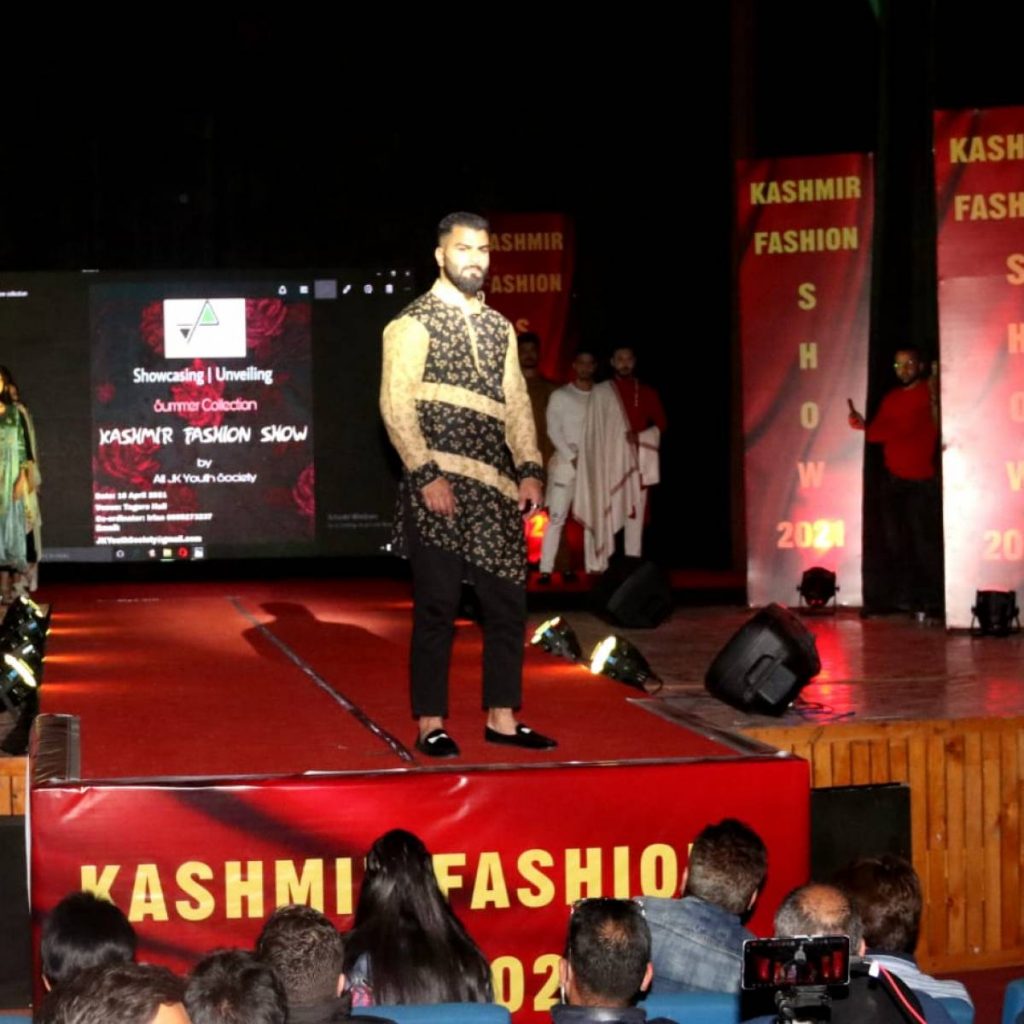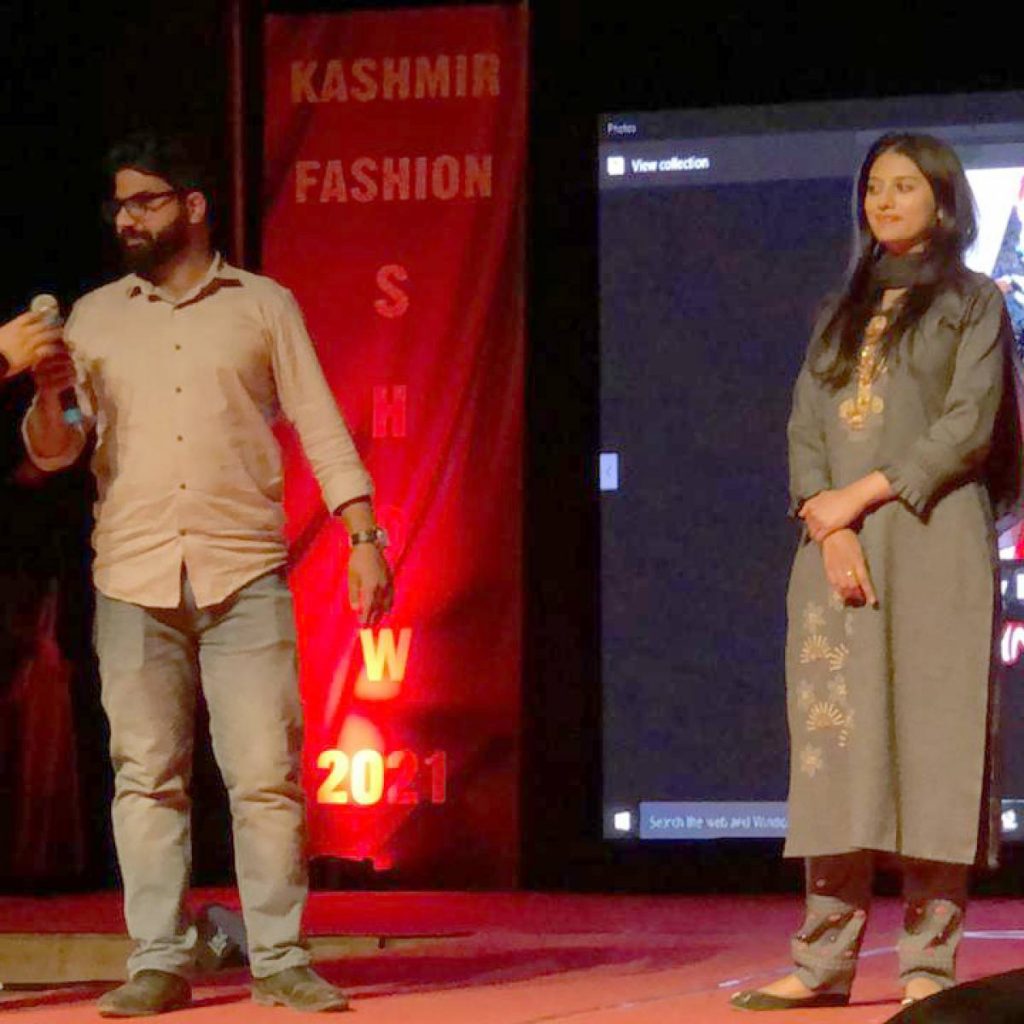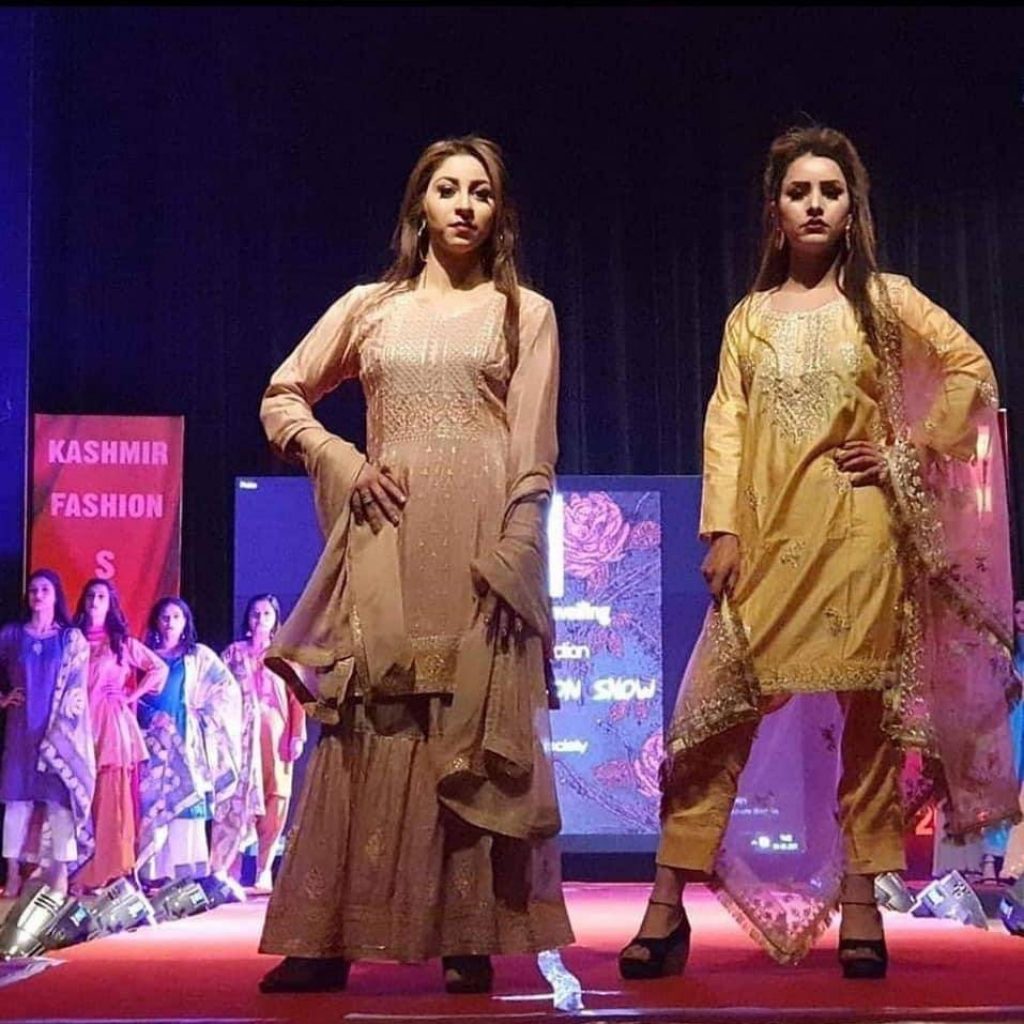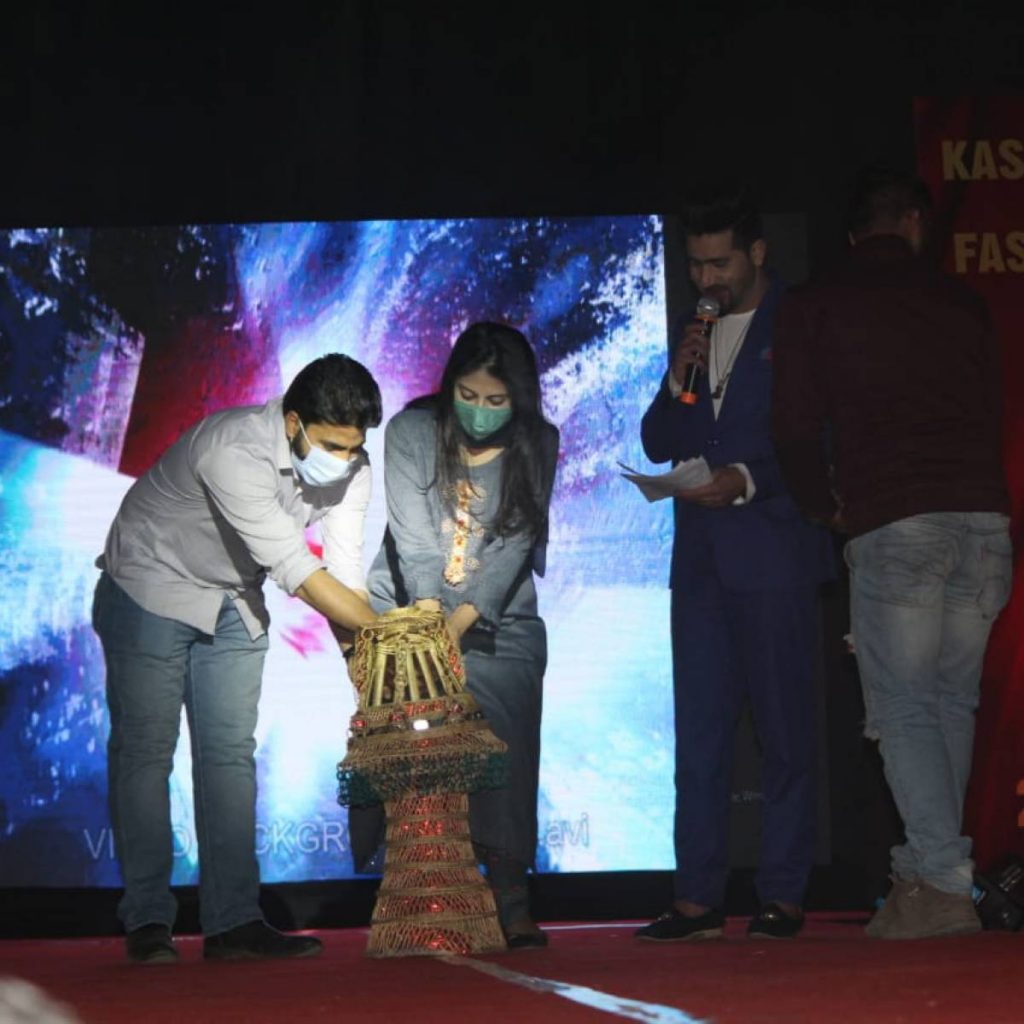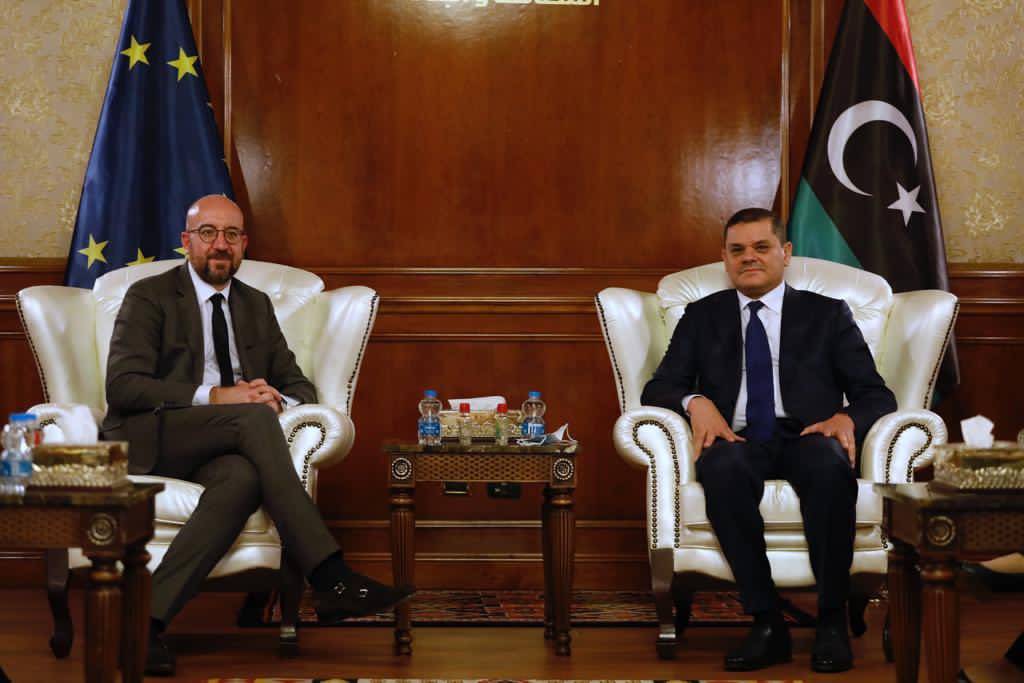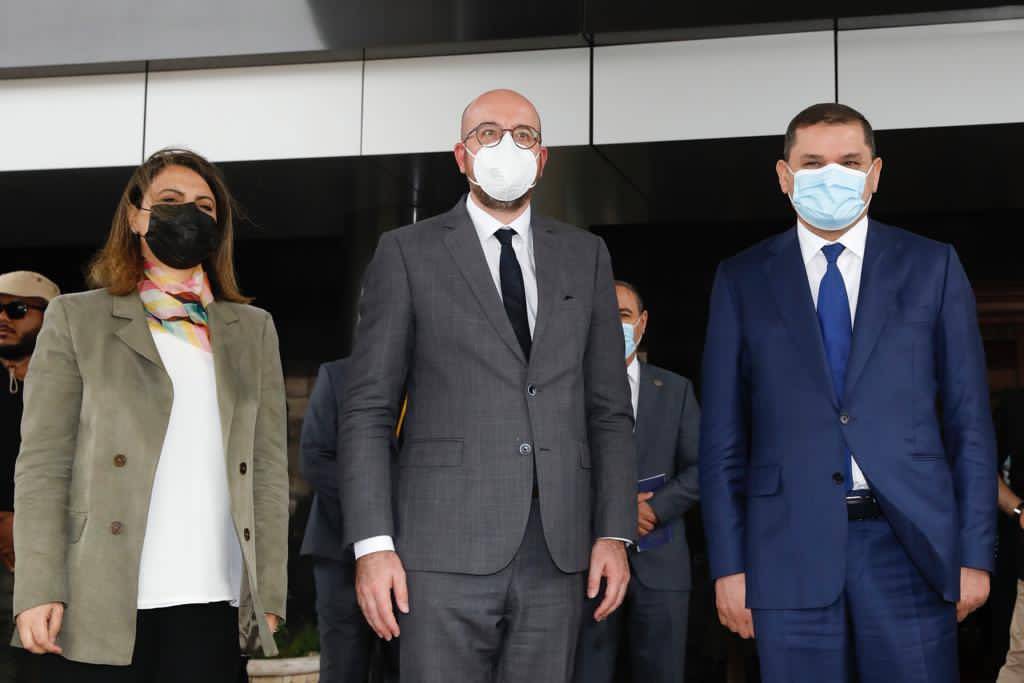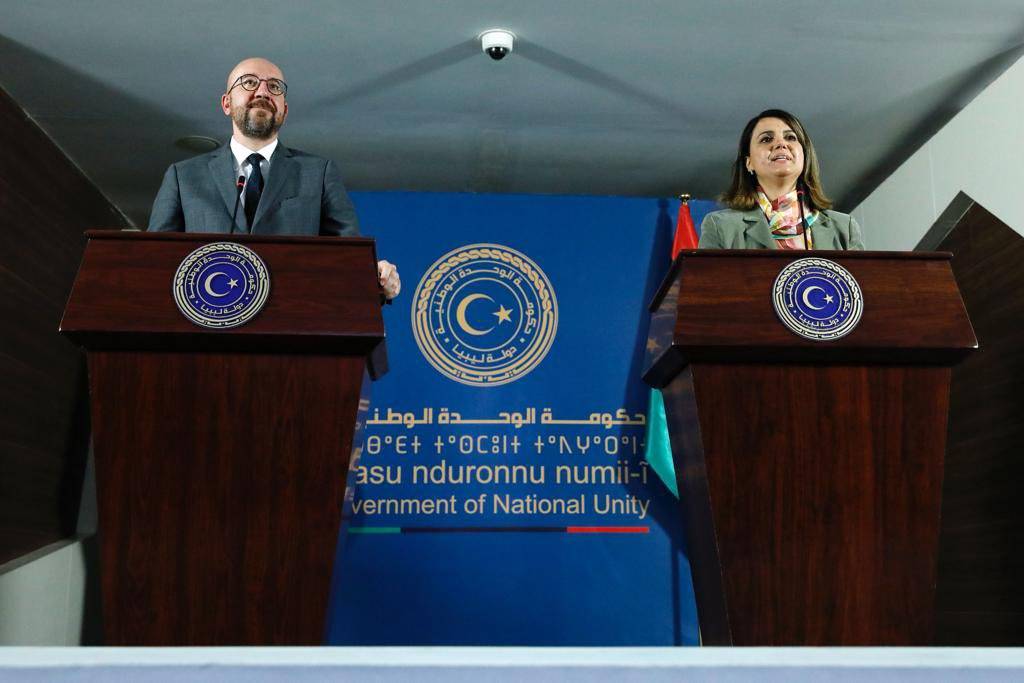It is no accident that countries that have relatively peaceful societies make far more progress than those that are roiled in conflict, writes Prof. Madhav Nalapat
September 21, the International Day of Peace, passed without any pause in the tensions and conflicts taking place across the world. The day that is intended to emphasise the importance of peace seems to have gone unnoticed. In contrast, the attack on the World Trade Center in New York and the Pentagon on 11 September 2001 is remembered by billions of people whenever that date comes up. Conflict and tension seem to have a far greater magnetic hold on the attention of people than calls for their elimination.
This may be because peace is not regarded as the natural order of society, nor even as an aspiration to be sought. That goal is regarded as a fantasy that exists only in words rather than in real life. This when universal peace is a fundamental human right. There remains much debate about concepts such as universal human rights, with some governments arguing in favour of this broad-brush term, while others claim that each government has the right to decide which rights are universal and should be safeguarded, and which not.
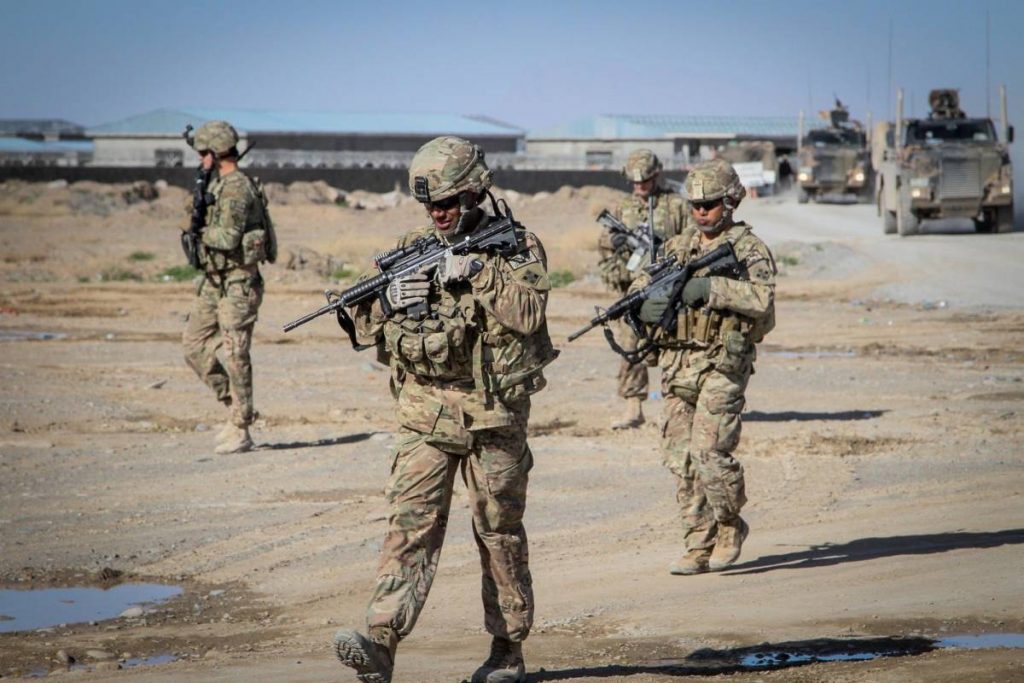
This is a standard that can vary widely. Even in India, a country where universal suffrage was introduced at the beginning of independence from colonial rule, even the right to life was not for two years considered a fundamental right. The 20th century saw both debilitating wars during 1914-19 and 1939-45, as well as the subsequent liberation of several countries from colonial oppression. After the wars, there was a weakening of the repressive sinews of the colonial states caused by the Germans treating other European powers in much the same way as these powers themselves were treating colonies in Asia and Africa.
The freedom movements to ensure freedom from colonial oppression grew in scale sufficiently after 1945 to lead to the withdrawal of the colonial power. In India, the first major colony to gain its freedom, the huge proportion of Indian soldiers, sailors and air personnel increasingly began to question their loyalty to a foreign flag, an emotion key to the setting up of the first free government of India and the Indian National Army by Subhas Chandra Bose during the 1939-45 war. The role of the tide of mutiny that swept over the armed forces in India after the 1939-45 war ended in 1945 has been largely ignored by historians, who prefer to remain embedded in a sanitised narrative that almost completely excludes the role of this factor in persuading even Winston Churchill that holding on to India by force of arms was no longer a viable option.
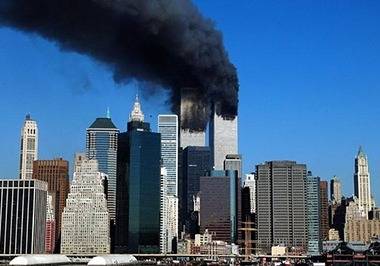
The British “divided and quit”, convinced that in Pakistan it would have a reliable partner. Such an expectation was based on the vocal support expressed by M.A. Jinnah for the Allied cause, in contrast to senior Congress leaders, who preferred to be non-aligned. In 1942, during the peak of the tide of victory by Germany and Japan against the US-UK alliance, the Congress Party gave a call for the British to quit India. In contrast, Jinnah expressed no similar sentiment, thereby draining support for the Congress in the dovecotes of power in London and ensuring a substantial rise in the support given to the Muslim League and its plan to vivisect India into two states.
For Mahatma Gandhi, a saint, the results of an action were not what mattered but the action itself. Which is why the Mahatma consented to Partition in 1947 after campaigning tirelessly for two decades against the irrational view of the Muslim League that Hindus and Muslims formed two separate nations. In fact, the DNA of both, whether cultural or biological, is the same, a fact that has recently been emphasised by RSS Sarsanghchalak Mohan Bhagwat to the consternation of several of his detractors in India and elsewhere.
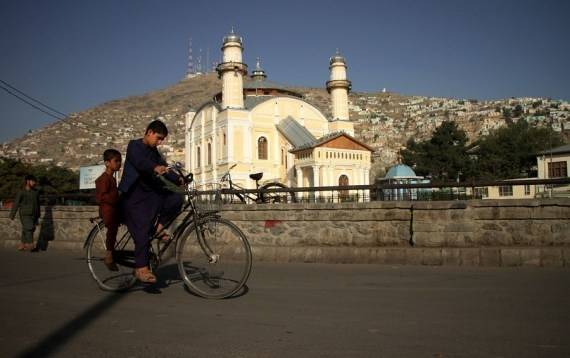
Had the British and other European powers the wisdom to partner with, rather than seek to dominate, people in Africa, Asia and South America that they overran, both they as well as the rest of the world would have benefited. An India that was prospering would have been an attractive market for British goods, just as a vibrant Indonesia would have been for the Netherlands or Vietnam for the French. The quicksand of notions of racial supremacy (that showed itself to the European powers in the form of Nazi Germany during 1933-45) led to oppression and the consequent lowering of the possibilities for mutual benefit, the only kind that is both just and long-lasting.
Hitler’s genocide denuded Germany of some of that country’s best brains, and among other events ensured that the US developed the atom bomb before the tyrant’s own country did. Apart from universal suffrage, India also pioneered in ways of ensuring justice to long-suppressed communities, giving them opportunities in public education and government that they did not have until then. The way in which some of India’s best doctors, engineers and scientists have come from so-called “backward classes” highlights the truth of human society being “horizontal” (different but equal) rather than “vertical” (higher and lower).
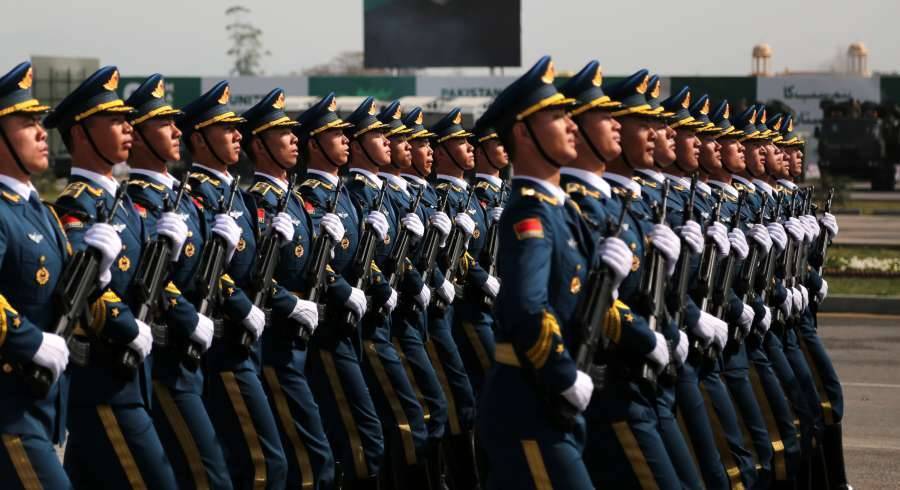
Had the European powers absorbed some of the lessons in traditional teachings in the countries they plundered, and transferred some of their own skills to the populations there, the results would have been much more beneficial than the way in which the enslavement of countries actually took place. There is much talk among military personnel in the PRC about a kinetic reversal of the independent nature of Taiwan. Even were such a forced union to take place, those Taiwanese who have been and would have in future been most helpful to the further development of the PRC itself would leave for more hospitable shores, and strengthen those countries against China, much the way those who took refuge from Nazi Germany ensured a scaling up of the capabilities of the UK and the US during the 1939-45 war.
In the knowledge economy, progress comes through willing consent and not through fiat. To seek to enforce through police action the creativity and intellectual excellence needed to scale up Artificial Intelligence and other capabilities is to indulge in futility. Given the expansion in the military capabilities of Taiwan that has taken place under President Tsai’s watch, a forced union with the PRC, the kinetic solution being pushed by elements in the Central Military Commission seems impossible without an unbearable impact on China’s own east coast. Which would be a blessing for the PRC, for any union created by the PLA would damage the PRC as much or more as it would Taiwan itself.
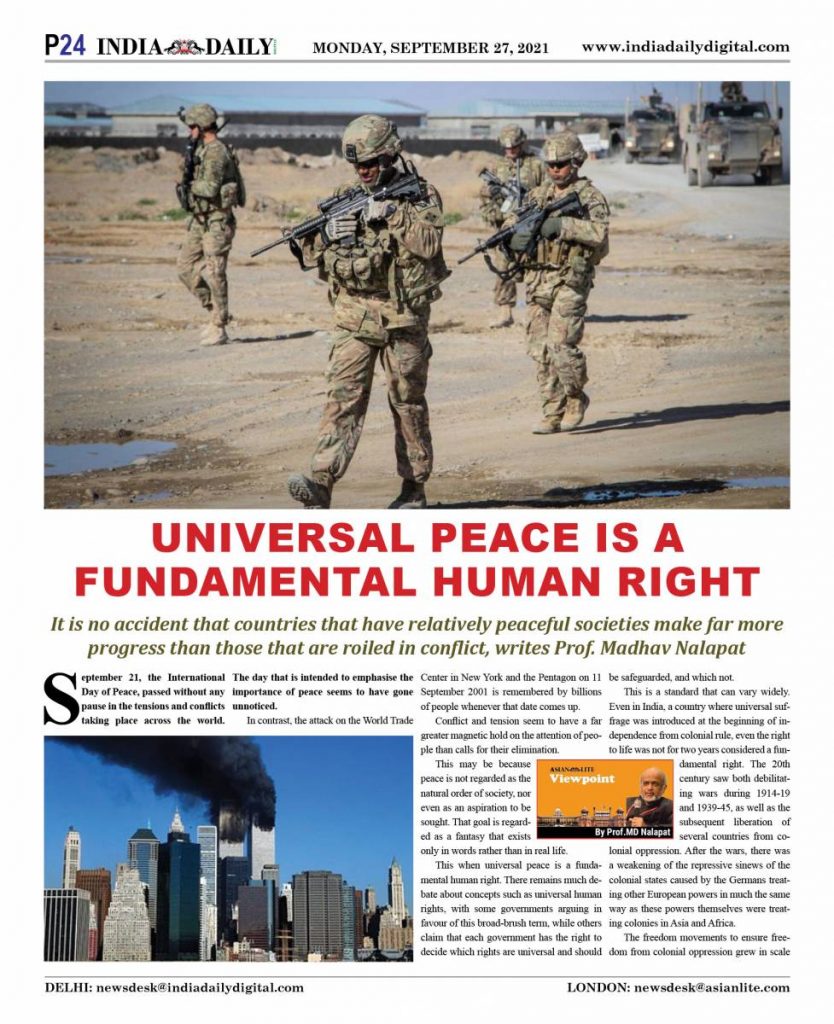
In India’s case, border tensions since 2017 have finally resulted in a de-linking of trade with PLA moves to nibble away at India’s territory. It is no accident that countries that have relatively peaceful societies make far more progress than those that are roiled in conflict. The greater an appreciation of the utility of universal peace (and the mutual empowerment and sharing of capabilities that this denotes), the better for the world. Unfortunately, not just between countries, but between regions in a country, within groups in a nation, and even inside individual families, tensions and the conflict these create are commonplace.
Recently some opined that a marriage certificate gave the right to the husband to violate the modesty of his spouse. Nothing should give such a right. The attainment of a situation where harmony and peace rather than conflict and force are omnipresent may seem distant. Alas, even more so than was air travel was in the past, or the debut this year of space travel with passengers but without an astronaut on board.


